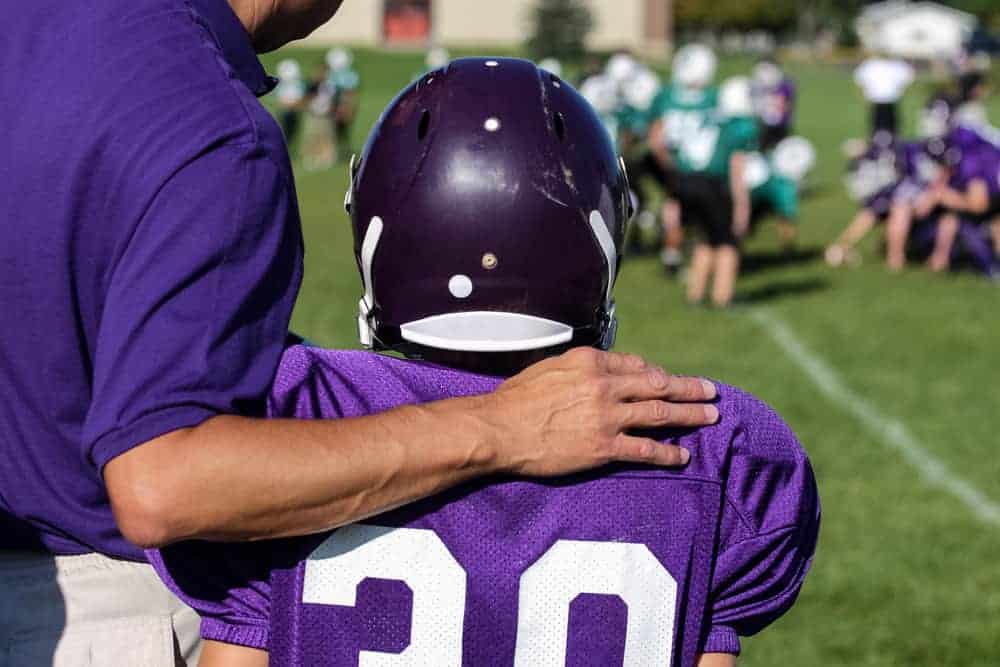Traumatic brain injuries (TBIs) continue to make headlines as a recent study in the academic journal Brain Injury revealed the top products linked with TBIs among children. Household fixtures like floors, beds, stairs, and chairs were common injury causes for young children when they fall. However, sports and recreation account for the largest portion of traumatic brain injuries in children, 28.8%. These activities include football, soccer, basketball, and biking.
Youth tackle football, in particular, has been consistently highlighted as a safety risk, with some states forbidding participation until high school—though Arizona is not one of them. The risk of concussion in the sport is well-documented, with head injuries causing lasting damage such as post-concussion syndrome and even chronic traumatic encephalopathy (CTE), a degenerative brain condition caused by repeated head injuries. Soccer has its own risks of collision with other players, blows to the head from the ball, and falls on the field. Likewise, basketball carries the same dangers, while accidents that occur while riding a bike can cause a variety of ailments.
Parents of children involved in sports and recreation might wonder what safety precautions can be taken in light of these risks. What should you expect of coaches and supervisors? Is there any recourse if the unthinkable happens and a child suffers a TBI while playing a sport?
Much like we reported with trampoline parks, sports teams and school districts usually require parents to sign a waiver absolving the teams, coaches, and organizations of liability should certain accidents happen. Some injuries are known risks of being involved in sports. However, again like the trampoline park cases, some sports injuries can still be caused by negligence and held up to legal scrutiny.
To ensure your child is safely participating in activities, make sure the team uses well-maintained equipment and alerts everyone to the dangers inherent in the sport. Practice sessions shouldn’t be unreasonably taxing, and, in Arizona, that could mean restricting the amount of time spent exercising in the heat. Playing surfaces should be clear of obvious dangers, such as slick gym floors or rocky soccer pitches. Any injuries should also be treated and reported immediately; one of the more dangerous complications of TBIs is underreporting them, resulting in delayed treatment or lack of any treatment at all. This can often lead to additional injuries, such as when a player is prematurely cleared for playing and then is injured again more severely.
If your child was injured while playing sports, resulting in a TBI or other injury, you can consult a lawyer if you suspect the injury was not typical of the sport. Overworking, poor premises or equipment maintenance, or failure to recognize and treat a problem can all constitute negligence and are not protected by a liability waiver.
Sports and recreation are a crucial, character-building part of a child’s life. Injuries are not. Contact Perez Law Group, PLLC today if you suspect negligence played a role in your child’s sports injury: (602) 730-7100.
